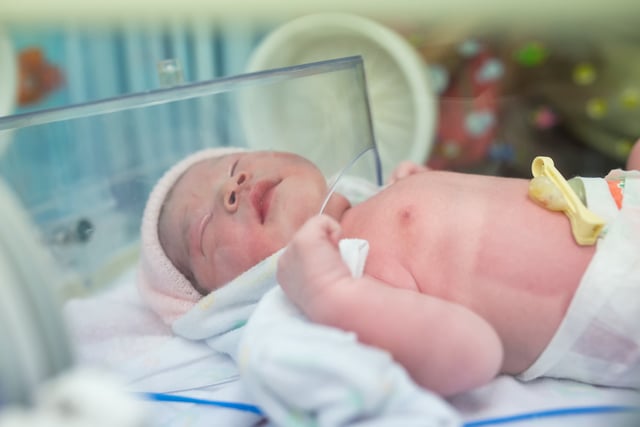Overview
- The University of Sydney–led NeoSEAP analysis in The Lancet Regional Health—Western Pacific examined almost 15,000 neonatal samples from 10 hospitals across five Southeast Asian countries in 2019–2020.
- Most bloodstream infections were caused by organisms unlikely to respond to WHO-recommended empirical regimens designed using high-income country data.
- Gram-negative pathogens such as E. coli, Klebsiella and Acinetobacter accounted for nearly 80% of cases, with fungal infections responsible for about one in ten.
- Study authors call for region-specific surveillance, faster diagnostics and updated guidelines, warning that few infant-approved antibiotics are in the pipeline.
- Although Australia was not included, NSW hospitals are reviewing infection data as researchers caution that antibiotic resistance crosses borders.


